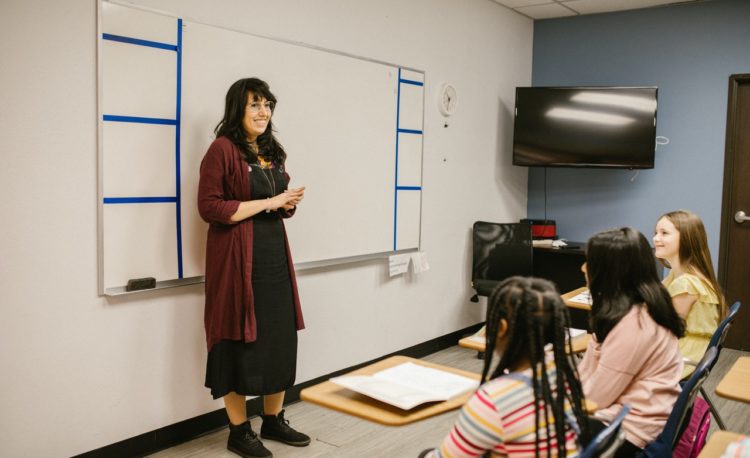Did you know that one in five children in the United States suffers from a mental health disorder? That’s 20% of our youth struggling with something that they may not even understand. And yet, mental health is rarely talked about in our schools. Why is this? We believe that it is time for mental health to be included in our education system.
It is just as important as physical health, and yet so many kids are going without the counseling they need. Let’s talk about the importance of mental health education and why it should be a priority for our schools.
The Declining Mental Health of American Children
 Mental health decline started in the early 2000s when the number of children and adolescents with any mental health disorder increased from 11.0% to 15.0%. Fast forward to 2011-2012, when the latest data was collected, and you’ll see that the percentage of children aged between six and 17 years old with a diagnosable mental illness had increased to 20%.
Mental health decline started in the early 2000s when the number of children and adolescents with any mental health disorder increased from 11.0% to 15.0%. Fast forward to 2011-2012, when the latest data was collected, and you’ll see that the percentage of children aged between six and 17 years old with a diagnosable mental illness had increased to 20%.
This is a problem that will only worsen if it isn’t addressed. According to the National Institute of Mental Health, “early identification and treatment of mental health disorders can prevent problems from becoming worse and lead to improved long-term outcomes.” So why aren’t we talking about mental health in our schools?
Reasons to Include Mental Health in School Education
We live in a world where mental health problems are starting to get the recognition they deserved, but it isn’t enough. We need to make astute decisions and take actions to educate our youth about the dangers of mental health issues.
Mental health education should be a priority in our schools because:
- It can help to identify mental health problems early on
- It can teach kids how to deal with stress and anxiety
- It can help kids learn how to cope with difficult emotions
- It can provide support for kids who are struggling
Mental health education is critical for our children, and it’s time that we start talking about it in our schools. Let’s make this a priority, people. If you or someone you know is struggling with a mental health disorder, please seek help. The National Suicide Prevention Lifeline provides free and confidential support 24/ hours a day, seven days a week.

